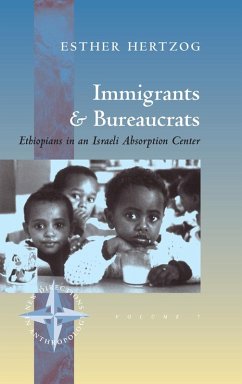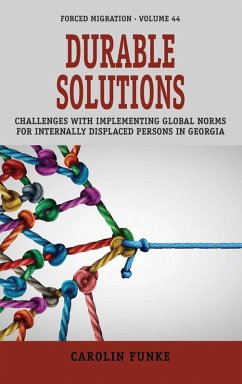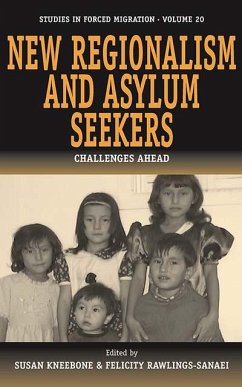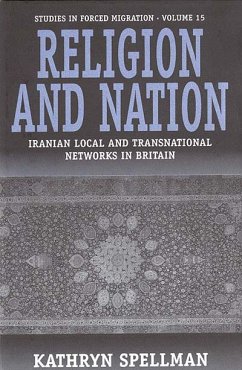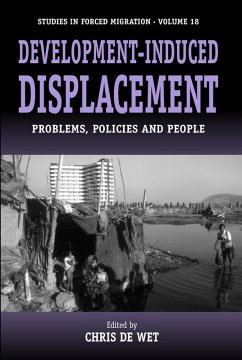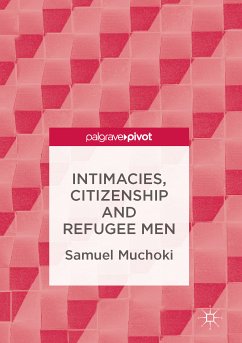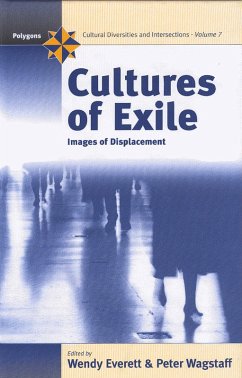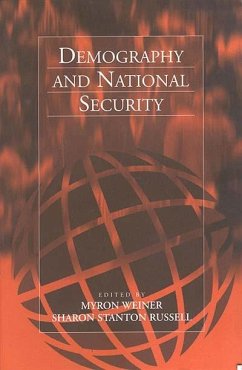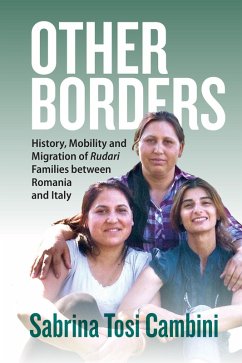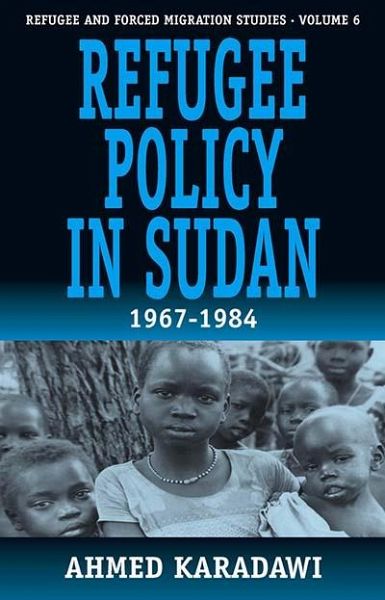
Refugee Policy in Sudan 1967-1984 (eBook, PDF)
Versandkostenfrei!
Sofort per Download lieferbar
18,95 €
inkl. MwSt.
Weitere Ausgaben:

PAYBACK Punkte
9 °P sammeln!
Based on the work of Ahmed Karadawi, Refugee Policy in Sudan discusses Sudanese government policy towards the refugee flows from Ethiopia into the Eastern Region of Sudan in theperiod 1967 to 1984, arguing that there were two underlying assumptions behind successive governments' policies: that refugees were considered a security threat and a socio-economic burden. In response,the policies incorporated the Organization of African Unity norms, which offered a platform to depoliticise the refugees, equally with the international conventions relating to refugees, which assured the externalization...
Based on the work of Ahmed Karadawi, Refugee Policy in Sudan discusses Sudanese government policy towards the refugee flows from Ethiopia into the Eastern Region of Sudan in theperiod 1967 to 1984, arguing that there were two underlying assumptions behind successive governments' policies: that refugees were considered a security threat and a socio-economic burden. In response,the policies incorporated the Organization of African Unity norms, which offered a platform to depoliticise the refugees, equally with the international conventions relating to refugees, which assured the externalization of responsibility and access to aid. This prescription, however, ignored the dynamism of the conflict that continued to generate refugees - and, as numbers accumulated in Sudan, the international aid regime did not act as a willing partner of the government. The consequences of a sizeable refugee population revealed a serious conflict of priorities, not only within the Sudanese government of the day, but also between the government and aid donors - thus, the objectives of the government policy were seriously undermined.
Dieser Download kann aus rechtlichen Gründen nur mit Rechnungsadresse in A, D ausgeliefert werden.




